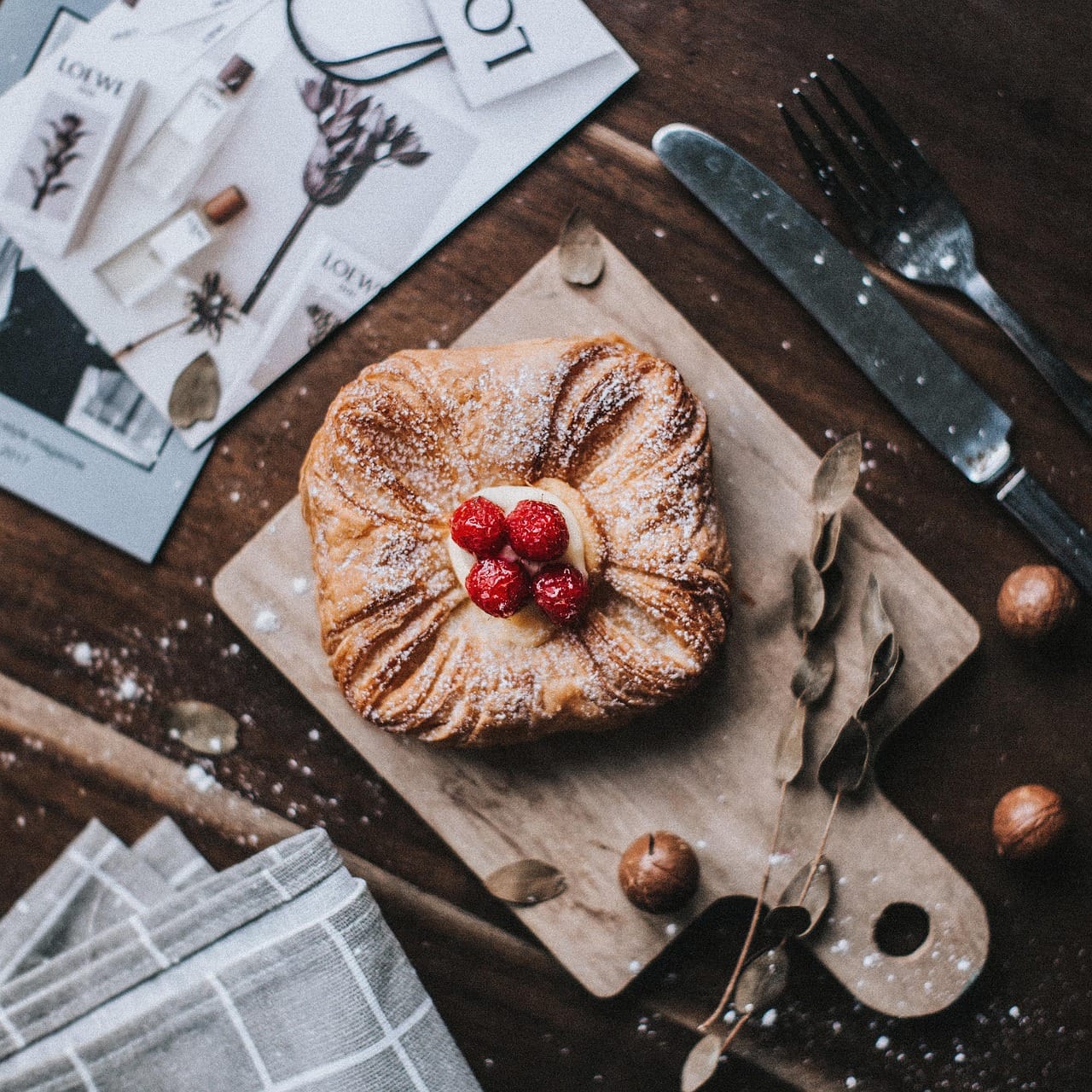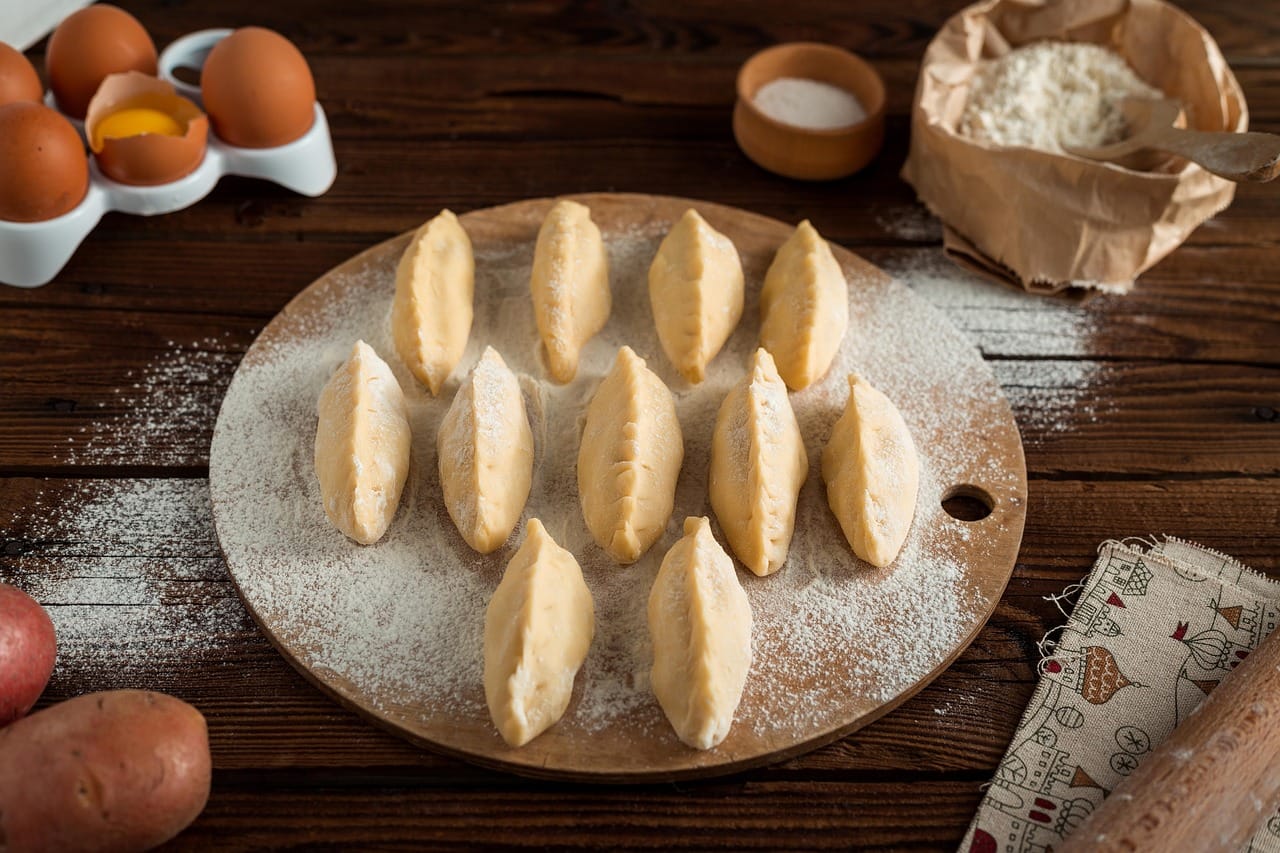Imagine waking up to a perfectly prepared breakfast, waiting patiently in your refrigerator, ready to fuel your day. That’s the magic of overnight oats! This simple yet incredibly versatile dish has become a breakfast staple for busy individuals, health enthusiasts, and anyone looking for a nutritious and delicious way to start their day. Let’s dive into the world of overnight oats and discover why they deserve a prime spot in your meal prep routine.
What Are Overnight Oats?
Overnight oats are essentially a no-cook version of oatmeal. Instead of heating the oats on the stovetop or in the microwave, they are soaked in liquid (typically milk or a milk alternative) overnight in the refrigerator. This soaking process softens the oats, making them incredibly creamy and easy to digest. The result is a cold, ready-to-eat breakfast that is both convenient and packed with nutrients.
The Basic Recipe: Foundation for Flavor
The foundation of any overnight oats recipe is simple: oats, liquid, and optional add-ins. Here’s a basic formula to get you started:
- 1/2 cup rolled oats (old-fashioned oats are best)
- 1 cup liquid (milk, almond milk, soy milk, oat milk, yogurt, or even water)
- 1 tablespoon chia seeds (optional, for added thickness and nutrients)
- Sweetener to taste (maple syrup, honey, agave, or sugar alternatives)
- Pinch of salt (enhances flavor)
Simply combine all ingredients in a jar or container, stir well, cover, and refrigerate for at least 2 hours, but preferably overnight. This allows the oats to fully absorb the liquid and develop a creamy texture.
Why Rolled Oats are the Preferred Choice
While you can technically use other types of oats, rolled oats (also known as old-fashioned oats) are the gold standard for overnight oats. Here’s why:
- Texture: Rolled oats provide the ideal texture – soft but not mushy.
- Absorption: They absorb liquid well, resulting in a creamy consistency.
- Nutritional Value: Rolled oats retain their nutritional value throughout the soaking process.
- Quick Oats vs. Steel Cut Oats: Quick oats can become too mushy, while steel-cut oats are too dense and take too long to soften in the refrigerator.
The Benefits of Eating Overnight Oats
Overnight oats are not just convenient and delicious; they also offer a multitude of health benefits. From improved digestion to sustained energy, here’s why you should consider adding overnight oats to your diet.
Nutritional Powerhouse
Overnight oats are a nutritional powerhouse, packed with essential vitamins, minerals, and fiber.
- High in Fiber: Oats are an excellent source of soluble fiber, which helps regulate blood sugar levels, promotes digestive health, and can lower cholesterol. A 1/2 cup serving of dry oats contains about 4 grams of fiber.
- Good Source of Protein: Oats provide a decent amount of plant-based protein, contributing to satiety and muscle repair.
- Rich in Antioxidants: Oats contain antioxidants called avenanthramides, which have anti-inflammatory and anti-itching properties.
- Vitamins and Minerals: Oats are a good source of iron, magnesium, zinc, and B vitamins.
Improved Digestion and Gut Health
The soaking process in overnight oats makes them easier to digest compared to cooked oatmeal.
- Reduced Phytic Acid: Soaking helps to reduce the amount of phytic acid, an antinutrient that can inhibit the absorption of certain minerals.
- Easier on the Stomach: The softened oats are gentler on the digestive system, making them a good option for people with sensitive stomachs.
- Promotes Gut Health: The fiber in oats feeds beneficial gut bacteria, promoting a healthy gut microbiome.
Weight Management and Satiety
Overnight oats can be a valuable tool for weight management due to their high fiber and protein content.
- Feeling Fuller Longer: The fiber and protein in oats help you feel fuller for longer, reducing the likelihood of overeating.
- Stable Blood Sugar Levels: Soluble fiber helps regulate blood sugar levels, preventing energy crashes and cravings.
- Healthy Carbohydrate Source: Oats provide a slow-releasing source of carbohydrates, providing sustained energy throughout the morning.
Delicious Overnight Oats Variations: Beyond the Basics
One of the best things about overnight oats is their versatility. Once you have mastered the basic recipe, the possibilities are endless! You can customize your overnight oats with a variety of flavors, textures, and toppings to create a breakfast that suits your taste preferences.
Fruity Delights: Add a Burst of Freshness
Adding fresh or frozen fruit to your overnight oats is a simple way to boost their nutritional value and flavor.
- Berries: Strawberries, blueberries, raspberries, and blackberries are excellent choices, providing antioxidants and natural sweetness.
- Bananas: Sliced bananas add creaminess and potassium to your overnight oats.
- Apples: Diced apples with a sprinkle of cinnamon create a warm and comforting flavor.
- Mangoes: Tropical mangoes add a sweet and tangy twist.
- Example: Berry Blast Overnight Oats: Combine 1/2 cup rolled oats, 1 cup almond milk, 1 tablespoon chia seeds, 1/4 cup mixed berries (strawberries, blueberries, raspberries), and a drizzle of maple syrup.
Nutty Goodness: Add Crunch and Protein
Nuts and seeds add healthy fats, protein, and a satisfying crunch to your overnight oats.
- Almonds: Sliced almonds or almond butter add a nutty flavor and healthy fats.
- Walnuts: Chopped walnuts are a good source of omega-3 fatty acids.
- Pecans: Pecans add a buttery flavor and satisfying crunch.
- Chia Seeds: Chia seeds not only thicken the oats but also provide omega-3 fatty acids and fiber.
- Flax Seeds: Ground flax seeds add a boost of fiber and lignans.
- Example: Peanut Butter Banana Overnight Oats: Combine 1/2 cup rolled oats, 1 cup milk, 1 tablespoon chia seeds, 1 tablespoon peanut butter, 1/2 sliced banana, and a drizzle of honey.
Chocolate Lovers: Indulge Without the Guilt
For chocolate lovers, overnight oats can be a healthy way to satisfy your cravings.
- Cocoa Powder: Unsweetened cocoa powder adds a rich chocolate flavor without added sugar.
- Chocolate Chips: Dark chocolate chips provide a satisfying chocolatey crunch.
- Cacao Nibs: Cacao nibs add a slightly bitter and crunchy chocolate flavor.
- Example: Chocolate Peanut Butter Overnight Oats: Combine 1/2 cup rolled oats, 1 cup almond milk, 1 tablespoon chia seeds, 1 tablespoon peanut butter, 1 tablespoon cocoa powder, and a drizzle of maple syrup.
Spice It Up: Warm and Aromatic Flavors
Adding spices to your overnight oats can create warm and comforting flavors, especially during colder months.
- Cinnamon: Cinnamon adds a warm and comforting flavor and has anti-inflammatory properties.
- Nutmeg: Nutmeg adds a warm and slightly sweet flavor.
- Ginger: Ground ginger adds a spicy and invigorating flavor.
- Cardamom: Cardamom adds a warm and aromatic flavor.
- Example: Apple Cinnamon Overnight Oats: Combine 1/2 cup rolled oats, 1 cup milk, 1 tablespoon chia seeds, 1/4 cup diced apple, 1/2 teaspoon cinnamon, and a drizzle of maple syrup.
Tips and Tricks for Perfect Overnight Oats
Making perfect overnight oats is simple, but here are a few tips and tricks to ensure the best possible results.
Choosing the Right Container
The type of container you use can affect the texture and consistency of your overnight oats.
- Mason Jars: Mason jars are a popular choice because they are airtight, reusable, and easy to clean.
- Glass Containers: Glass containers are another good option, as they are non-reactive and won’t absorb flavors.
- Plastic Containers: Plastic containers are convenient but may absorb flavors over time.
Adjusting the Liquid Ratio
The ideal liquid ratio depends on your personal preference.
- Creamy Texture: Use a 1:2 ratio of oats to liquid (e.g., 1/2 cup oats to 1 cup liquid).
- Thicker Texture: Use a 1:1.5 ratio of oats to liquid (e.g., 1/2 cup oats to 3/4 cup liquid).
- Thinner Texture: Use a 1:2.5 ratio of oats to liquid (e.g., 1/2 cup oats to 1 1/4 cup liquid).
Sweetening Smartly
Choose your sweetener wisely to keep your overnight oats healthy and delicious.
- Natural Sweeteners: Maple syrup, honey, agave, and dates are natural sweeteners that also provide some nutrients.
- Sugar Alternatives: Stevia, erythritol, and monk fruit are low-calorie or zero-calorie sugar alternatives.
- Fruit: Fruit can also be used to sweeten your overnight oats naturally.
Storage and Shelf Life
Overnight oats can be stored in the refrigerator for up to 5 days.
- Airtight Container: Store your overnight oats in an airtight container to prevent them from drying out or absorbing odors.
- Preparation: It is recommended to add fruits and toppings immediately before consumption to prevent them from becoming soggy.
Conclusion
Overnight oats are a game-changer for anyone seeking a quick, healthy, and customizable breakfast. Their ease of preparation, combined with their impressive nutritional profile and endless flavor possibilities, make them a worthy addition to any meal plan. So, ditch the sugary cereals and embrace the simplicity and goodness of overnight oats. Your body (and your taste buds) will thank you!




